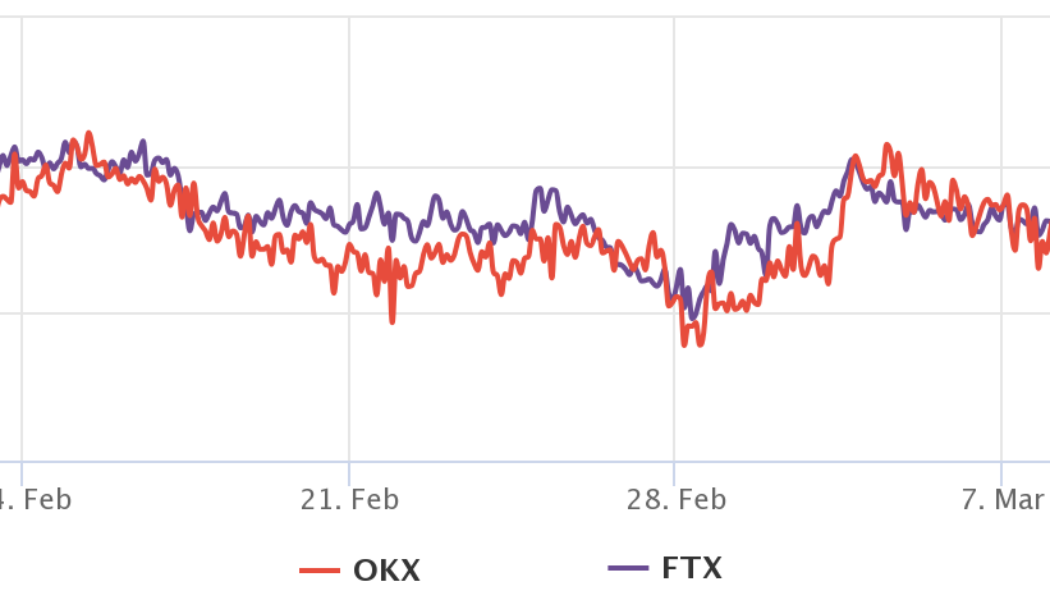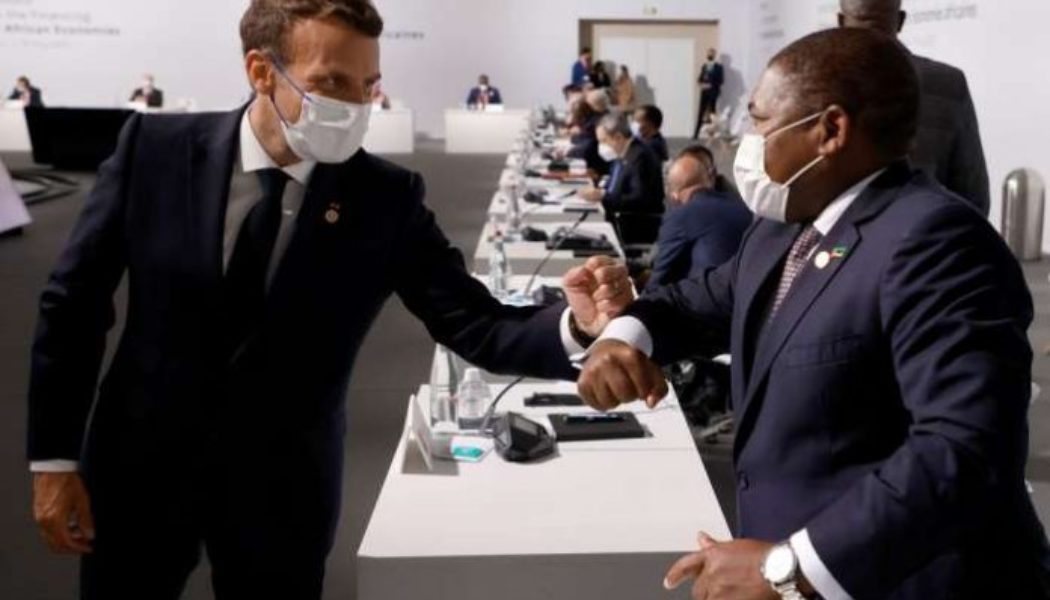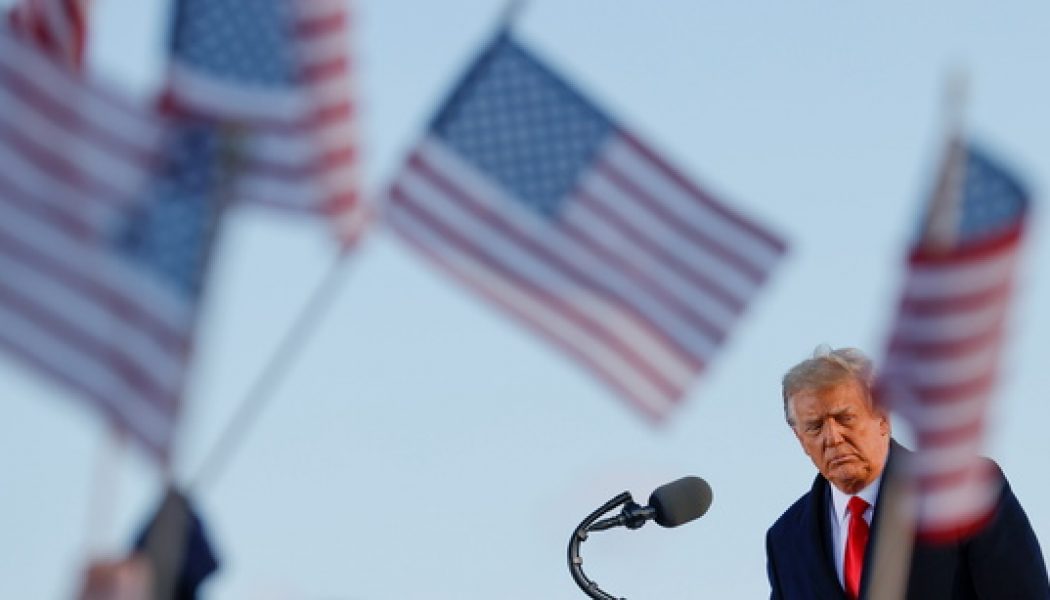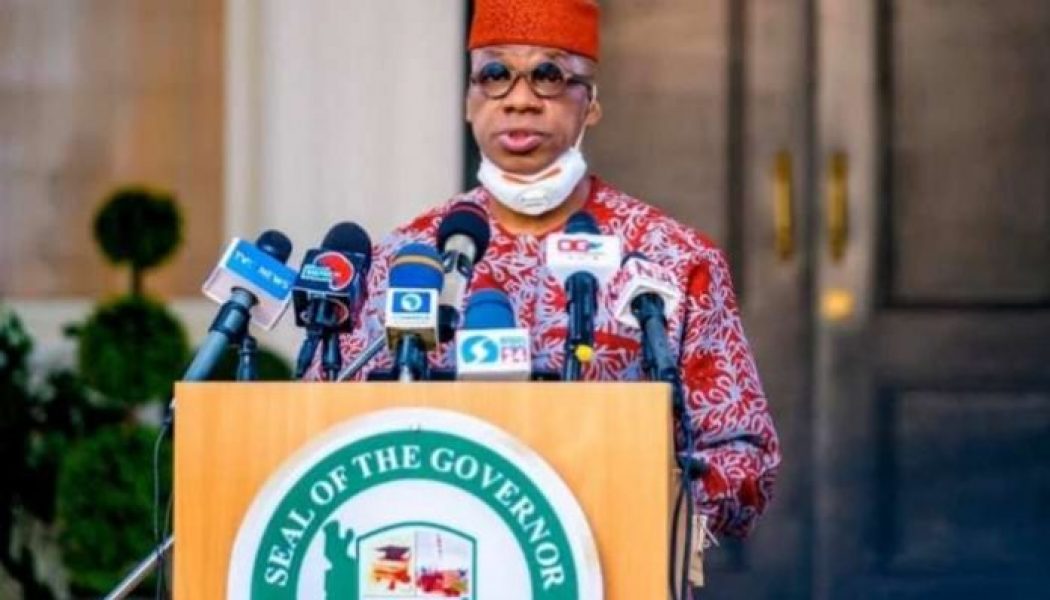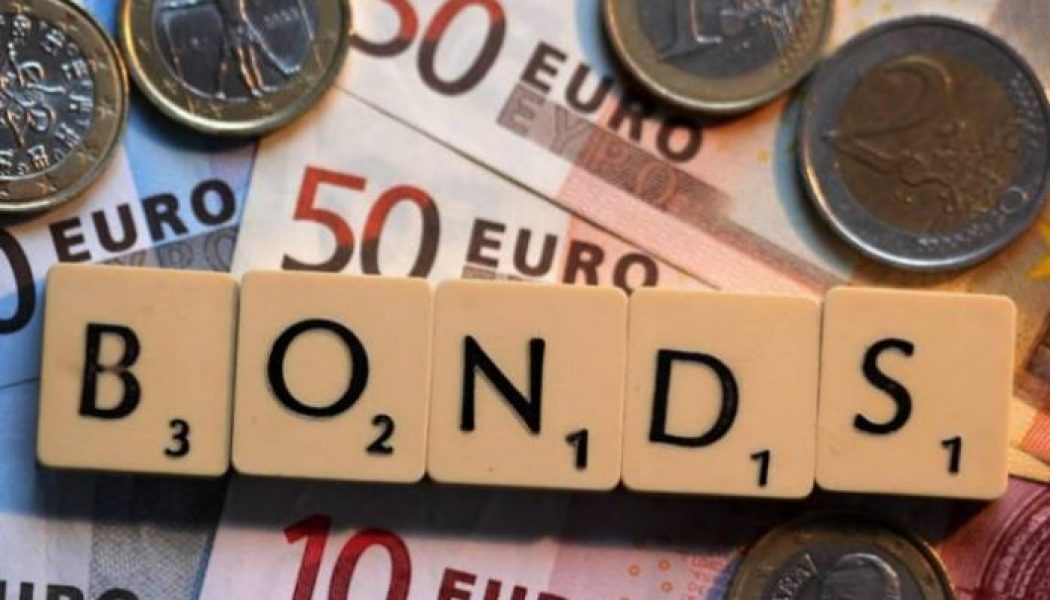Stimulus
Bitcoin derivatives metrics reflect traders’ neutral sentiment, but anything can happen
Bitcoin’s (BTC) last daily close above $45,000 was 66 days ago, but more importantly, the current $39,300 level was first seen on Jan. 7, 2021. The 13 months of boom and bust cycles culminated with BTC price hitting $69,000 on Nov. 10, 2021. It all started with the VanEck spot Bitcoin exchange-traded fund being rejected by the United States Securities and Exchange Commission (SEC) on Nov. 12, 2020. Even though the decision was largely expected, the regulator was harsh and direct on the rationale backing the denial. Curiously, nearly one year later, on Nov. 10, 2021, cryptocurrency markets rallied to an all-time high market capitalization at $3.11 trillion right as U.S. inflation as measured by the CPI index hit 6.2%, a 30-year high. Inflation also had negative consequences on risk ma...
3 reasons why Ethereum price can drop below $3K by the end of 2021
Ethereum’s native token Ether (ETH) reached an all-time high around $4,867 earlier in November, only to plunge by nearly 20% a month later on rising profit-taking sentiment. And now, as the ETH price holds $4,000 as a key support level, risks of further selloffs are emerging in the form of multiple technical and fundamental indicators. ETH price rising wedge First, Ether appears to have been breaking out of “rising wedge,” a bearish reversal pattern that emerges when the price trends upward inside a range defined by two ascending — but converging — trendlines. Simply put, as the Ether price nears the Wedge’s apex point, it risks breaking below the pattern’s lower trendline, a move that many technical chartists see as a cue for more losses ahead. In doing so, t...
France, African leaders push to redirect $100 billion in IMF SDR reserves by October
French President Emmanuel Macron said on Tuesday a summit in Paris on Africa financing had agreed to work towards persuading rich nations by October to reallocate $100 billion in IMF special drawing rights monetary reserves to African states. Impoverished African economies must not be left behind in the post-pandemic economic recovery and a substantial financial package is needed to provide much-needed economic stimulus, African and European leaders concluded at a summit in Paris. In the immediate term, that meant accelerating the COVID-19 vaccine rollout and creating the fiscal breathing room for African nations, which will face a spending shortfall of some $285 billion over the next two years, the summit communique showed. The communique set out a two-pronged response based on addressing...
